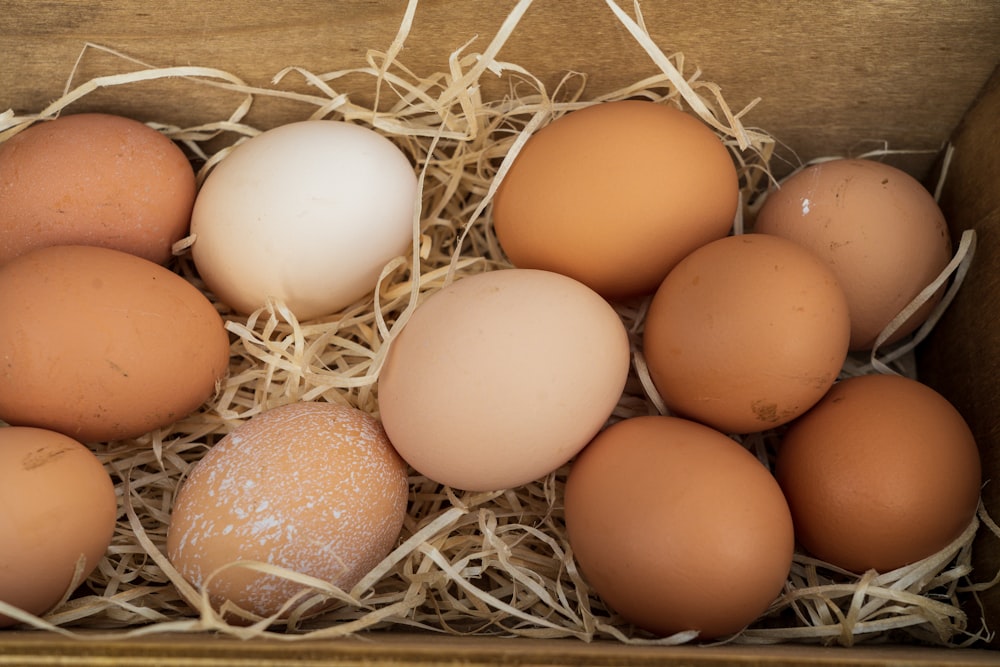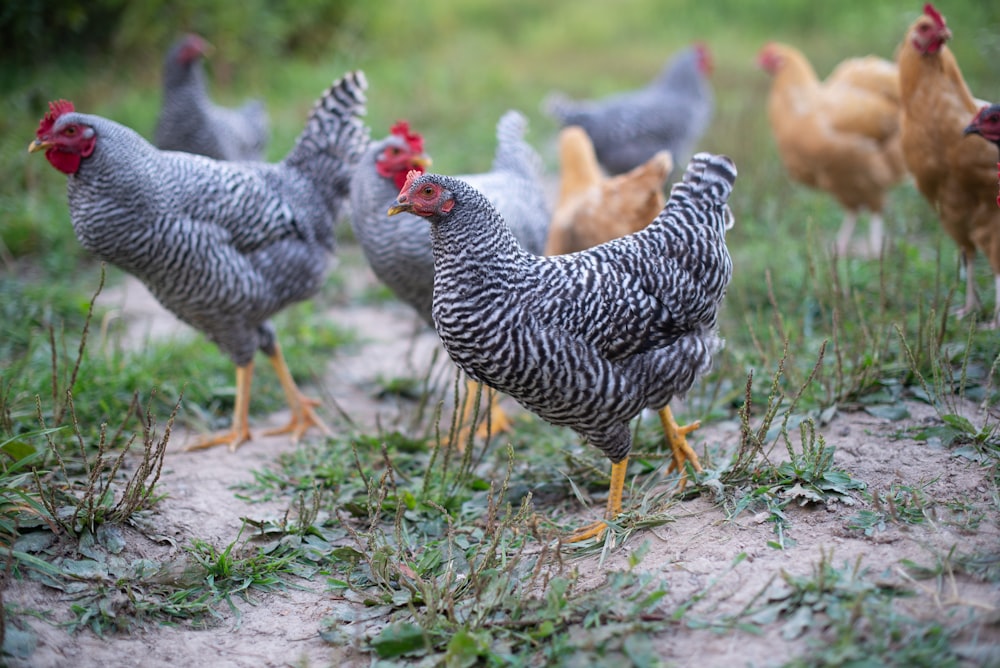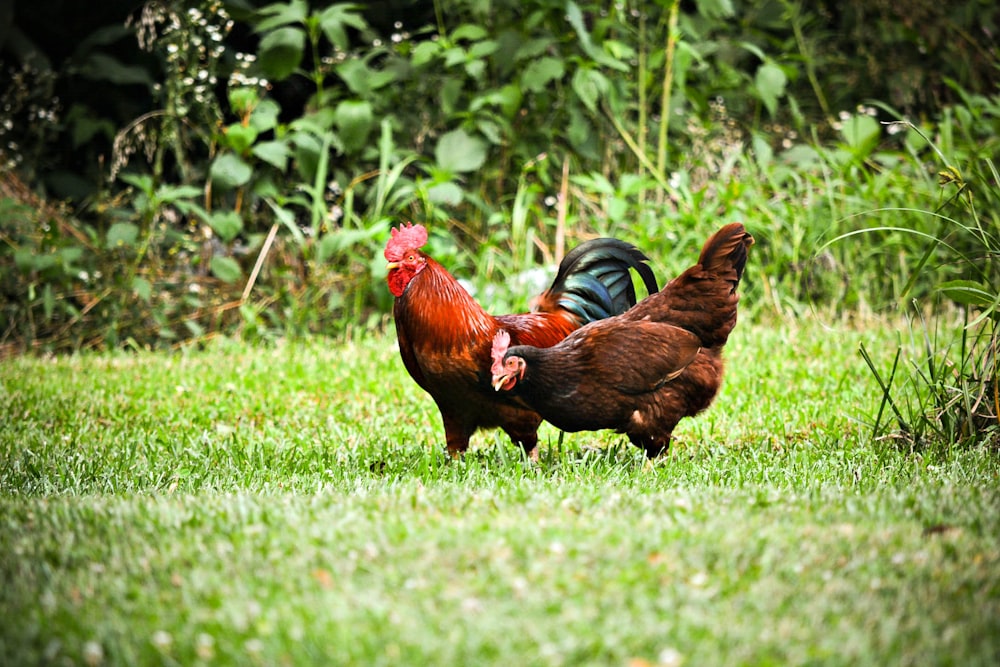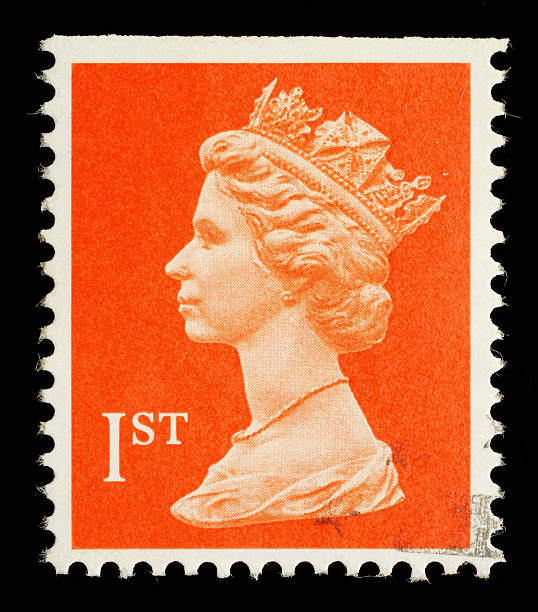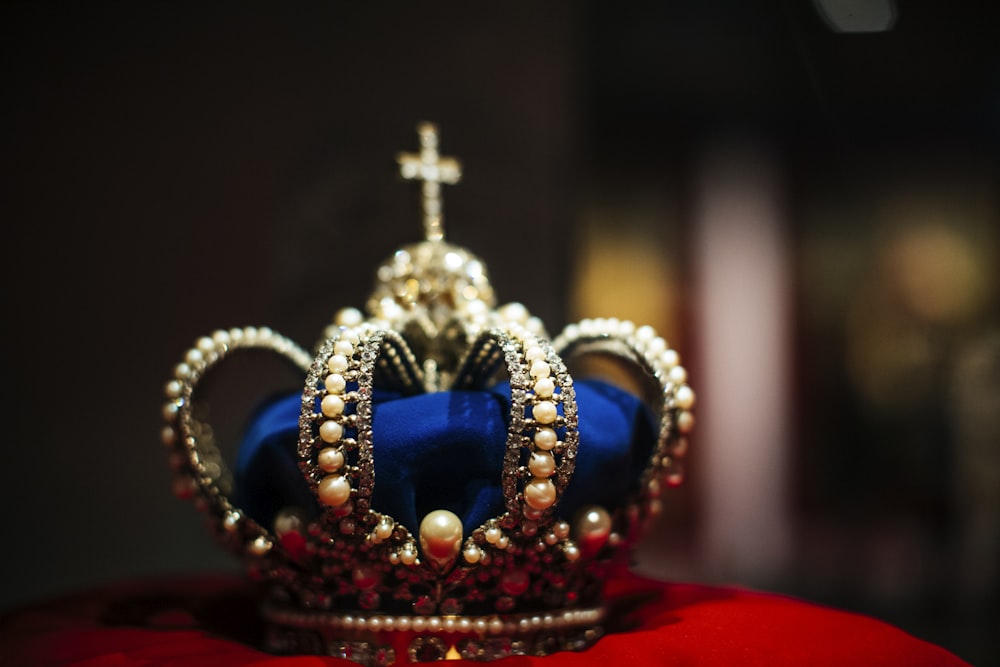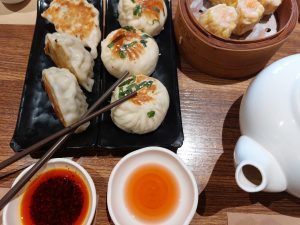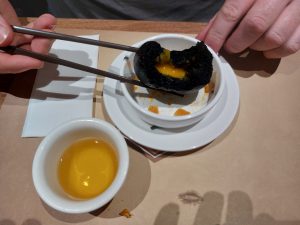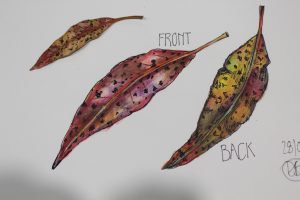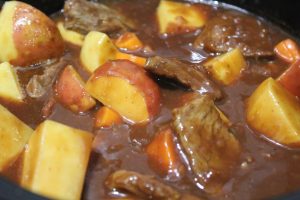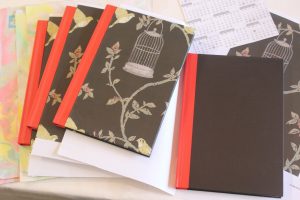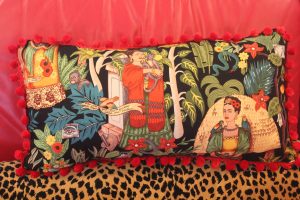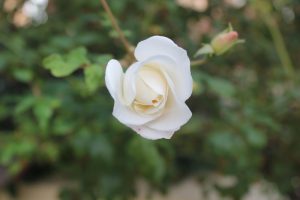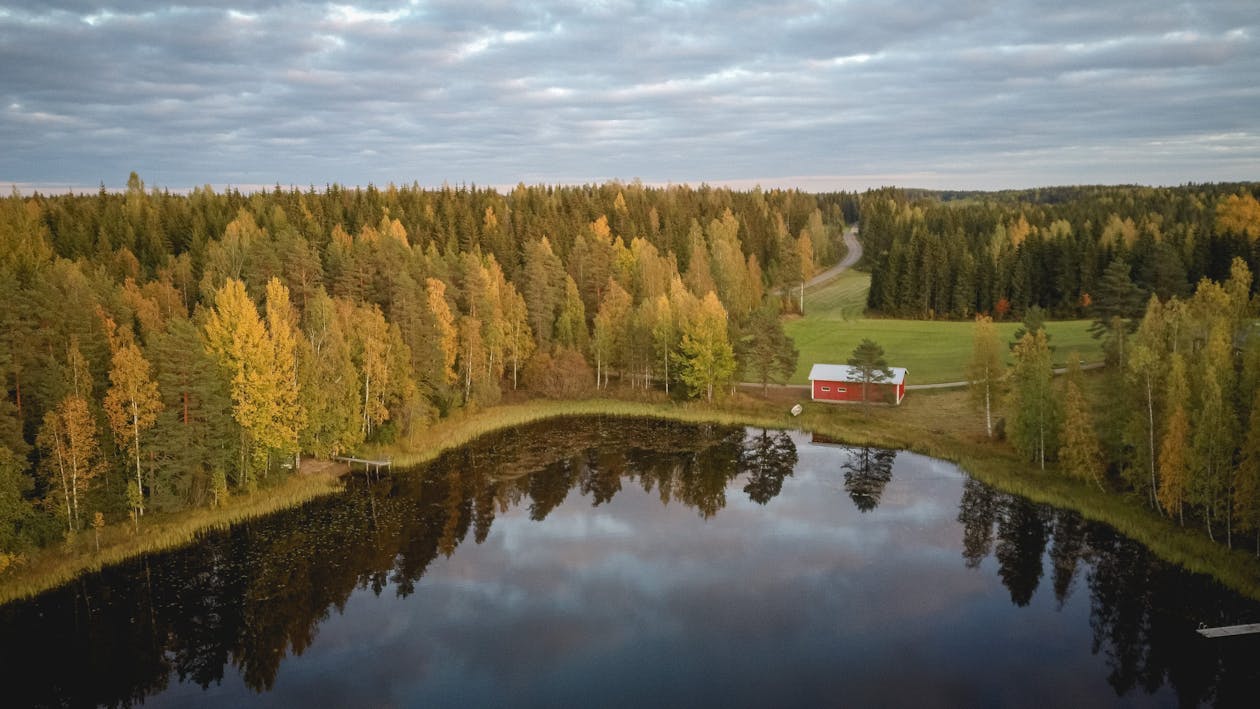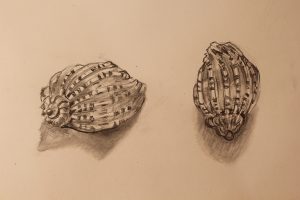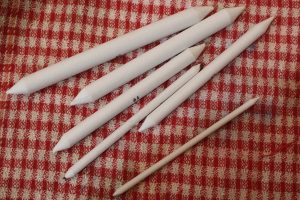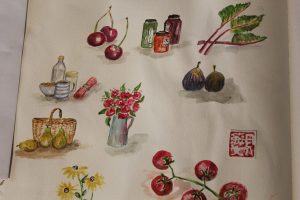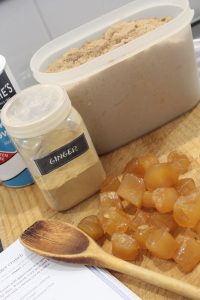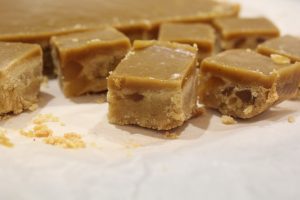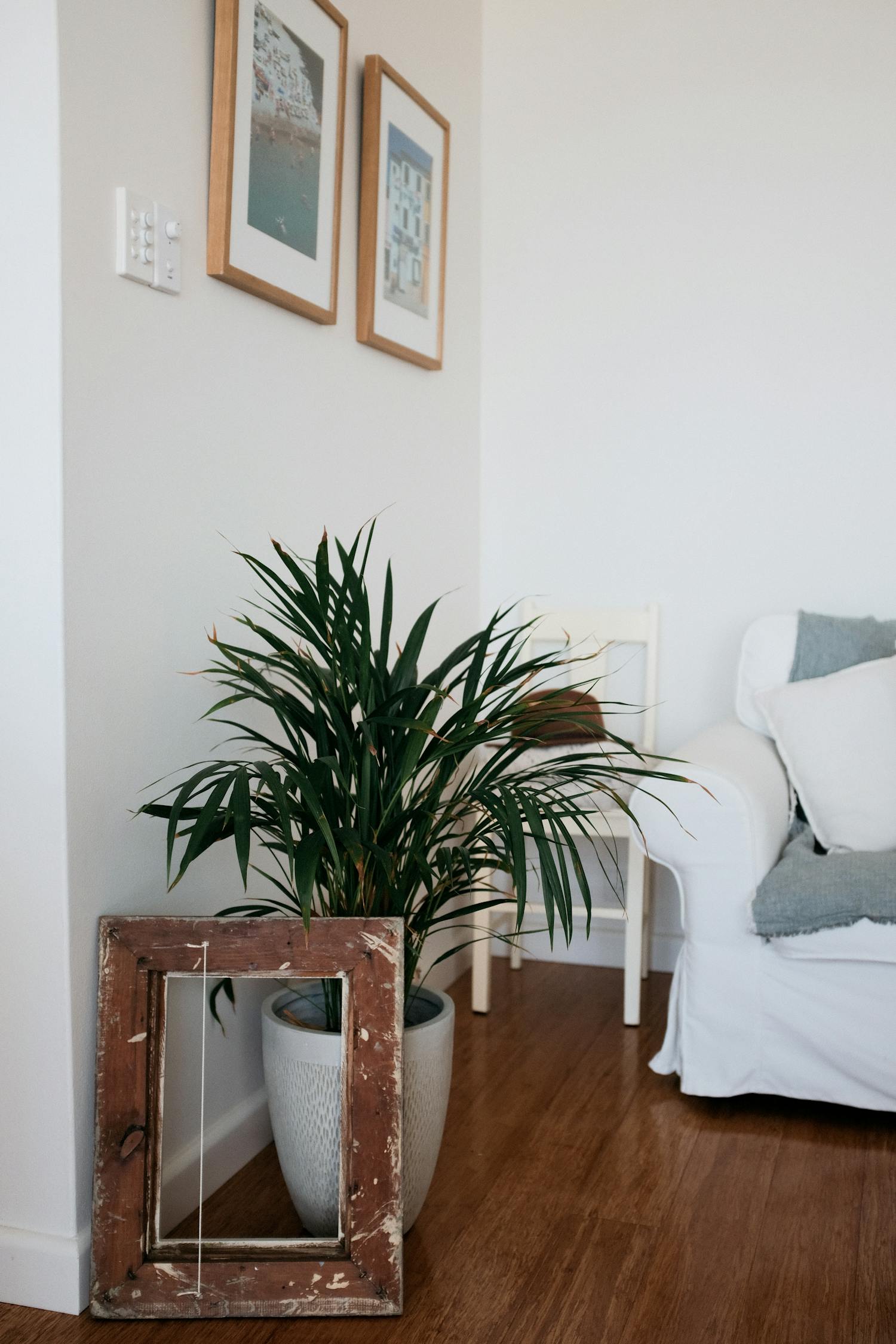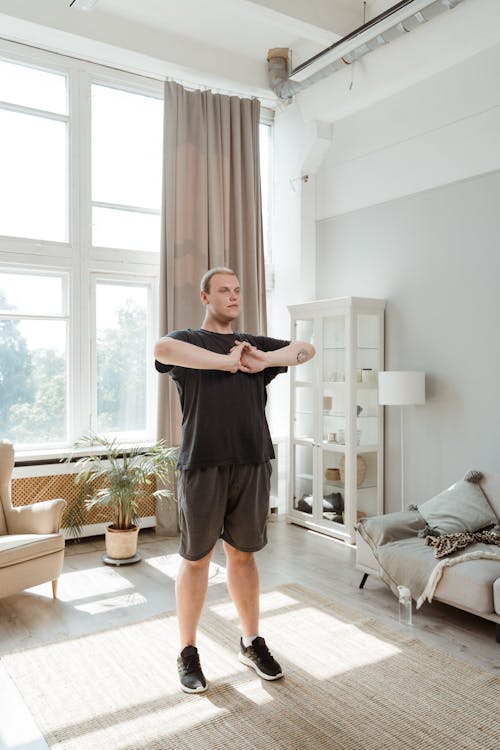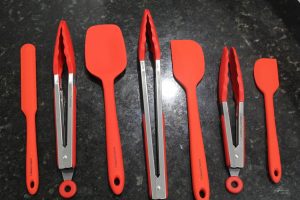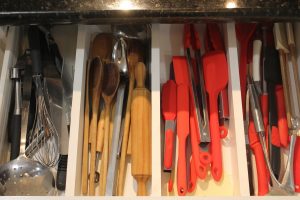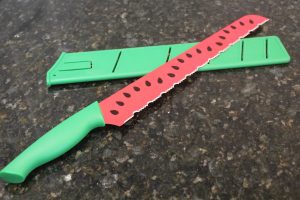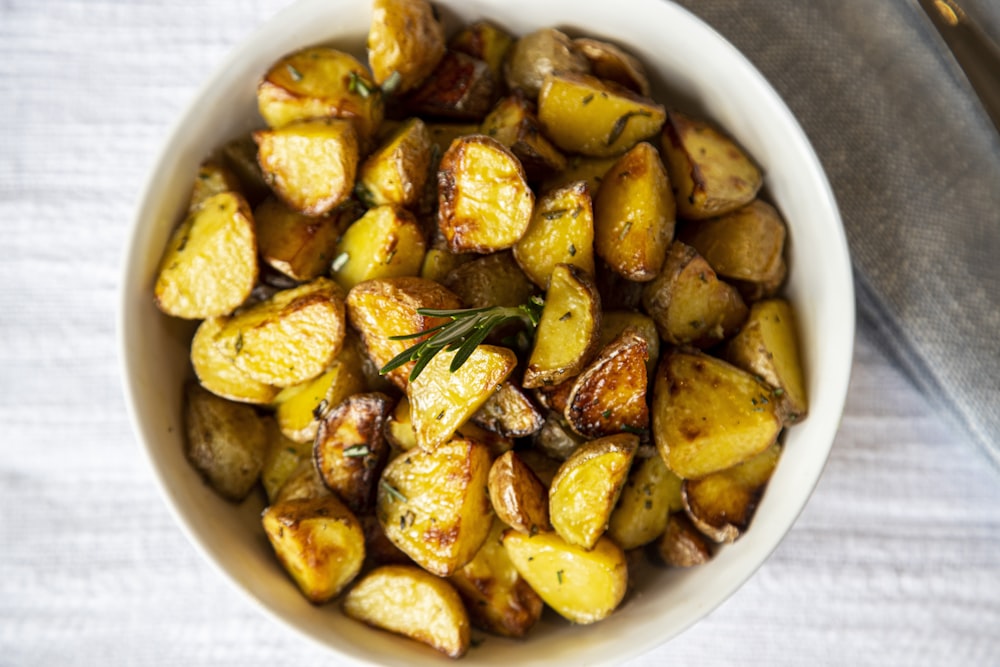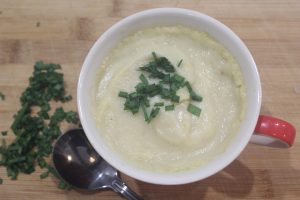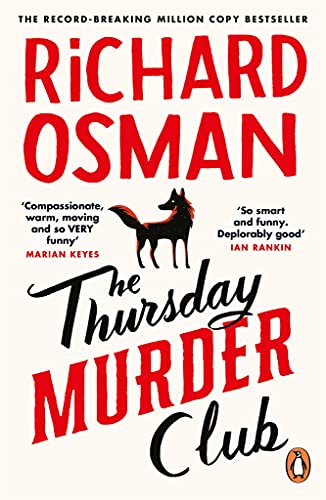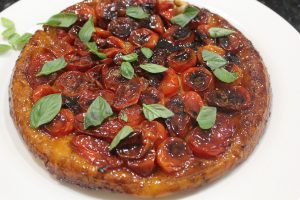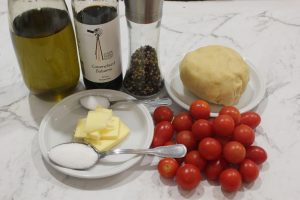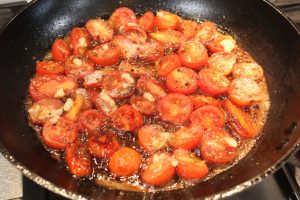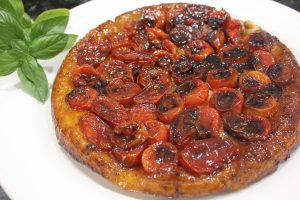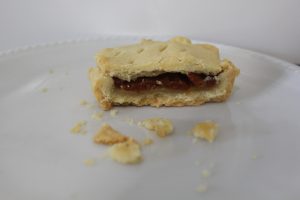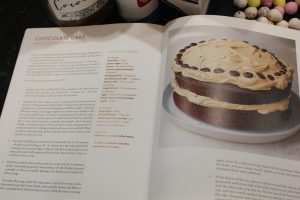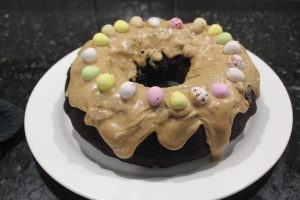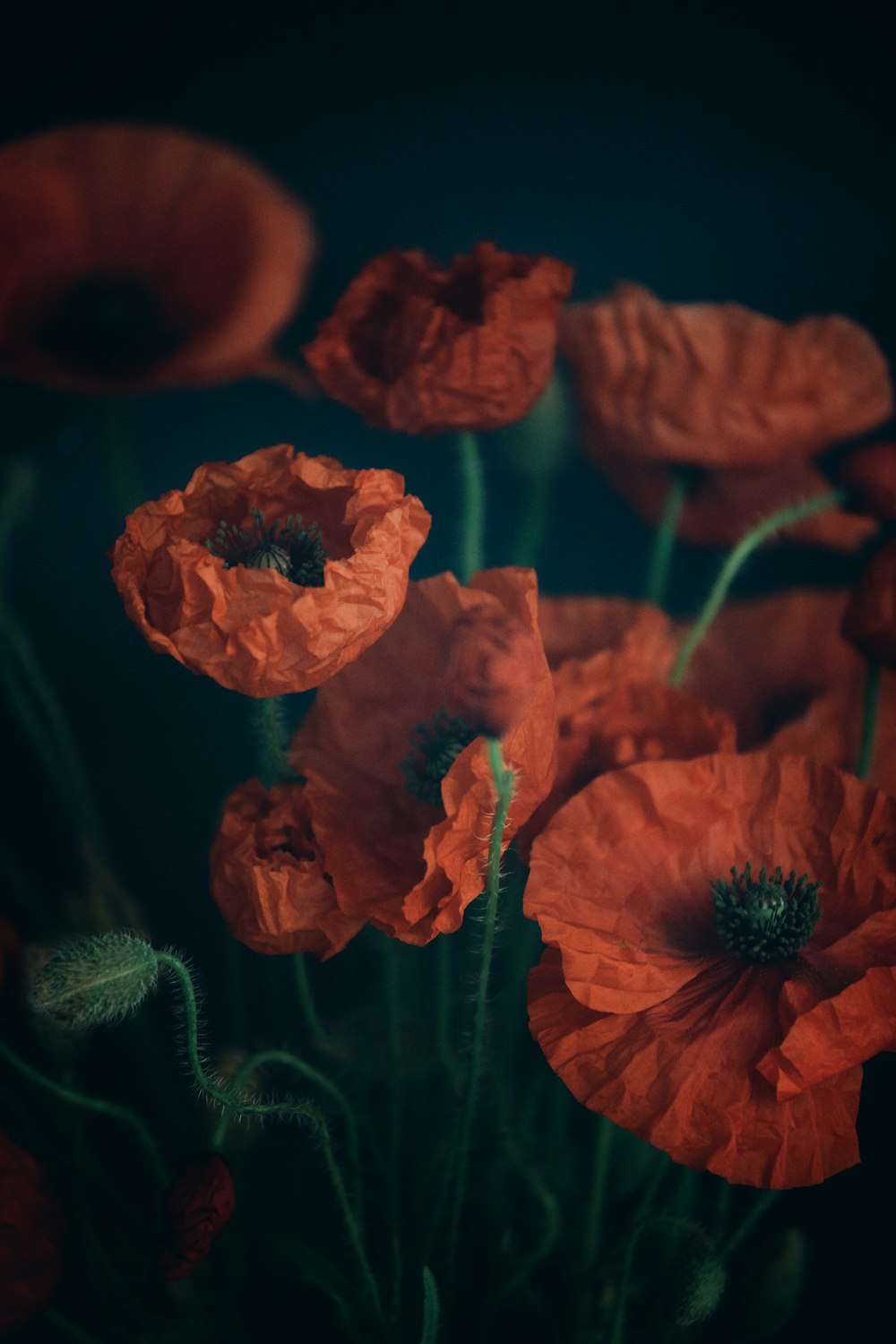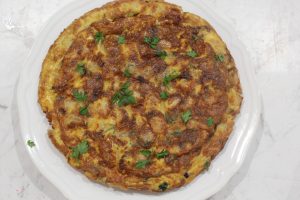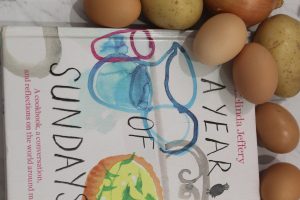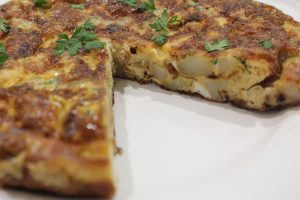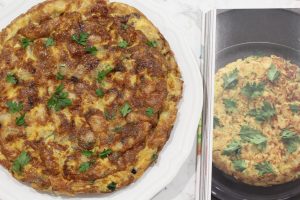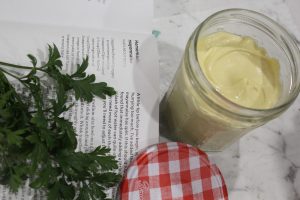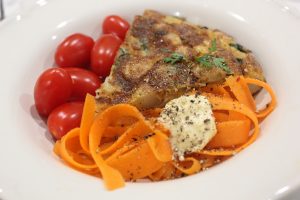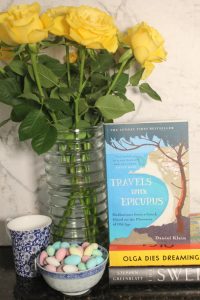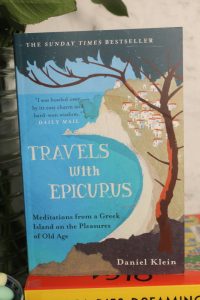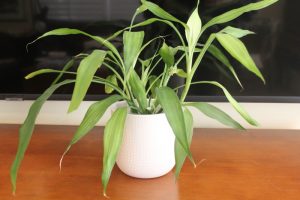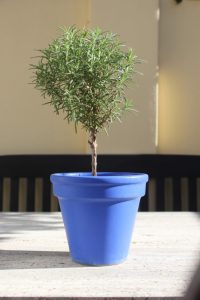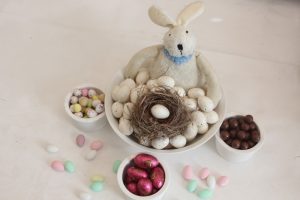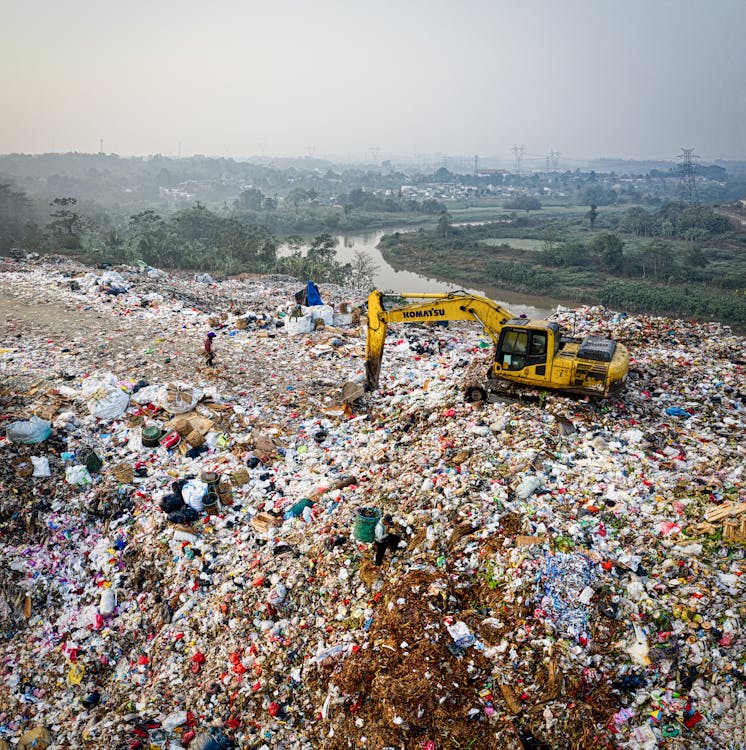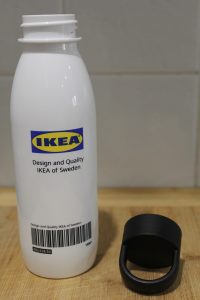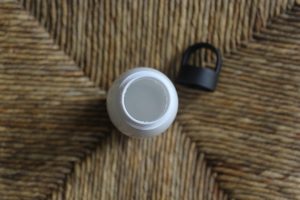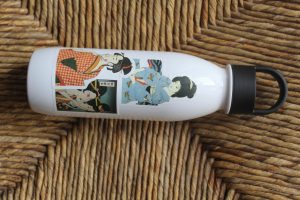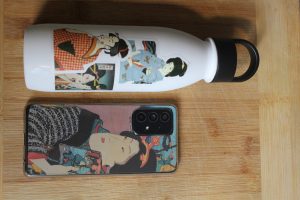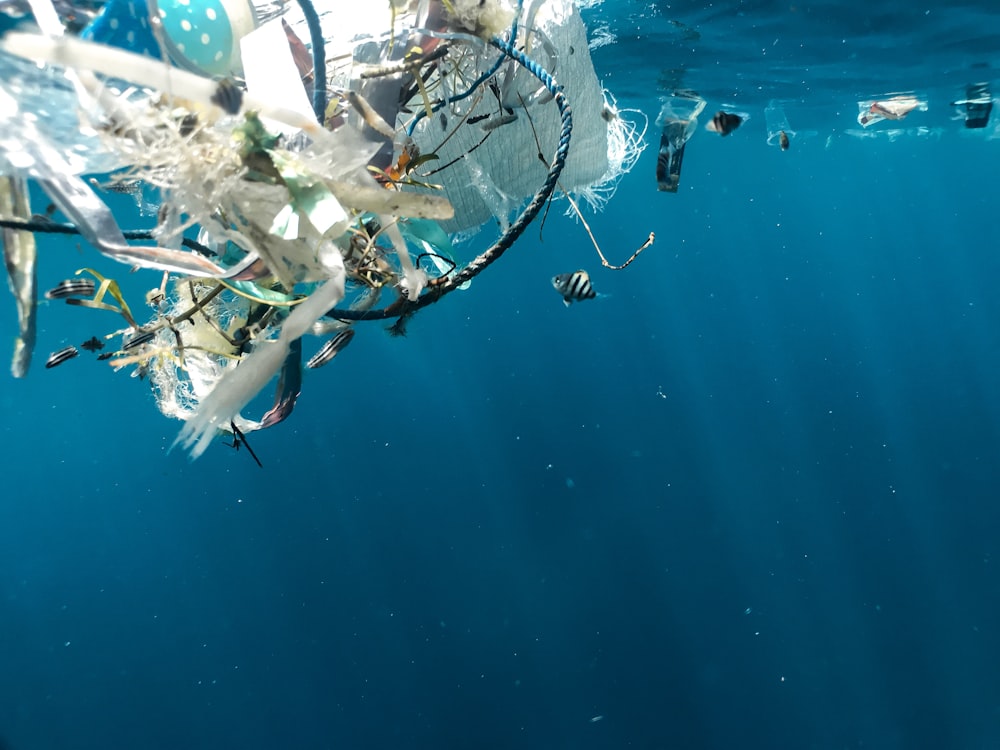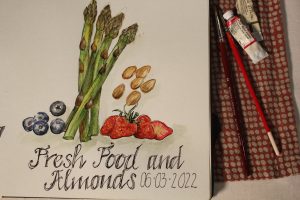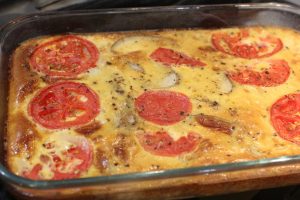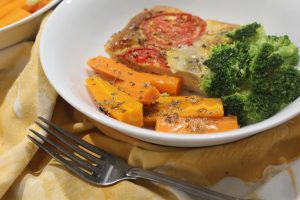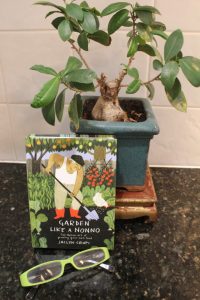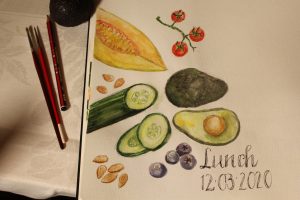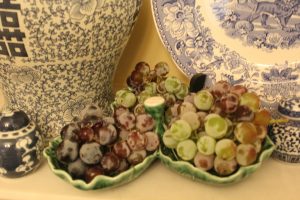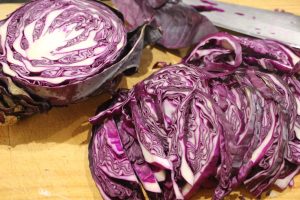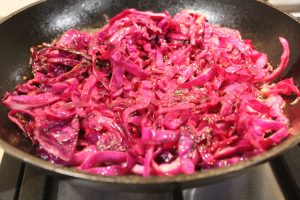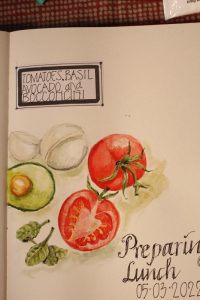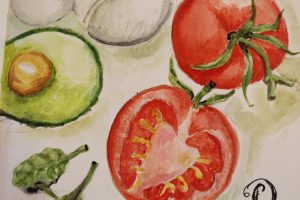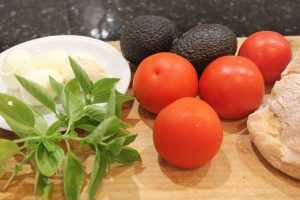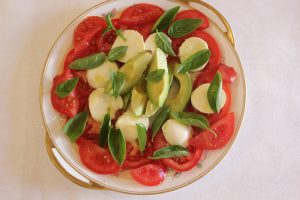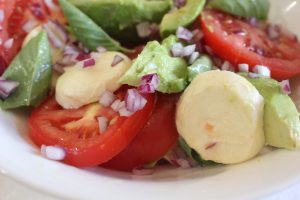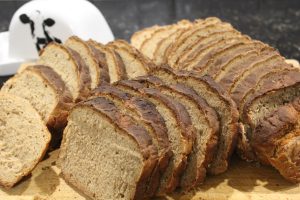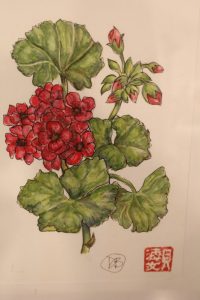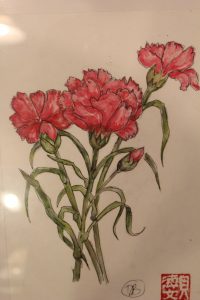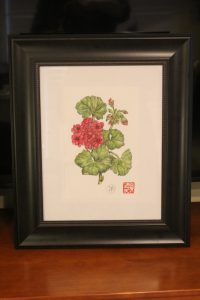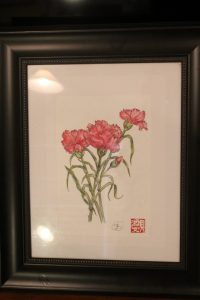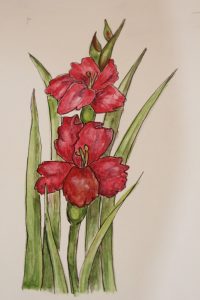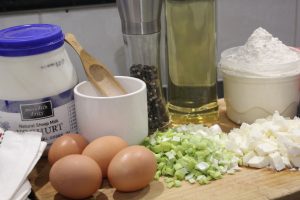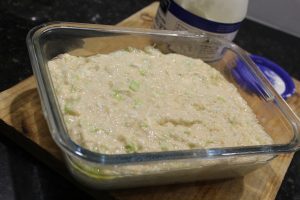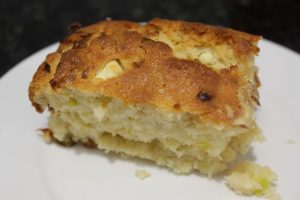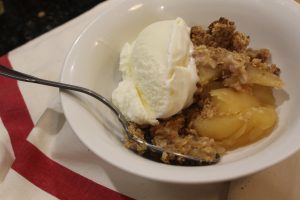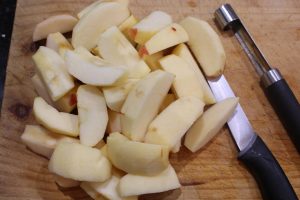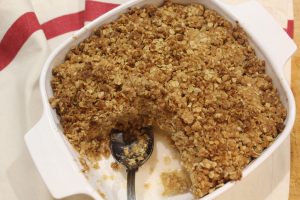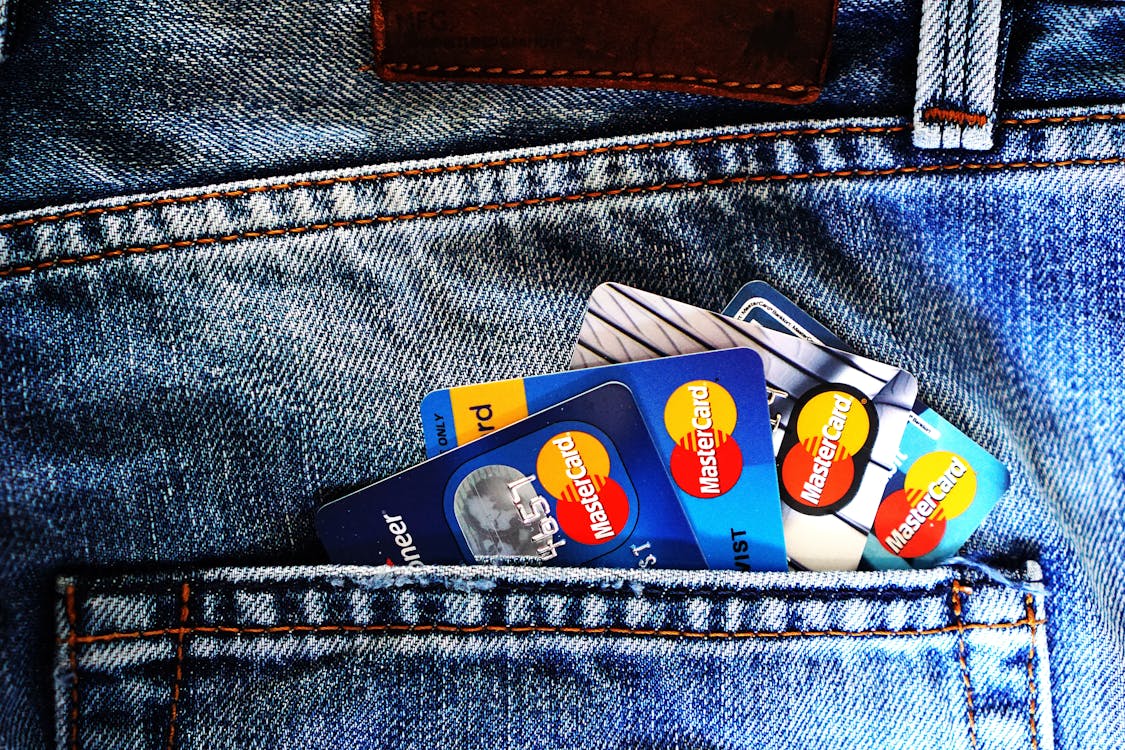eggs
The difficulty in finding free range eggs in shops at the moment seems to not just be an Australian problem, but a widespread issue. Supply in some countries has been limited by disease (farmers in the USA have killed millions of egg laying hens due to spread of the deadly avian flu) ; some countries believed Covid was spread in eggs, hens lay less in cooler weather and all supply chains have been effected by Covid. The price of feed doubled in cost after Russia invaded the Ukraine, a major supplier of wheat, particularly impacting on prices in the UK.
The demand for eggs from hotels, cafes and restaurants dropped dramatically in Australia with the onset of the pandemic but was quickly replaced by an upsurge in home cooking. The supply problem arose from a swing towards free range eggs. Free range eggs cost more due to the limited number of hens per hectare, free range hens lay about 20% fewer eggs and the cost of collecting the eggs out in paddocks is greater than barn laid or caged eggs. The other additional costs of fuel, staff shortages and increased cost of feed and packaging materials are spread across free range, barn and cage laid eggs. The drought, the flooding, recently introduced government levies and the mice plague have also added to production costs.
Unsplash
Why choose free range eggs? Nutritionally, all eggs in Australia are very similar. For me the decision was based on concerns about the welfare of the hens. I just think a hen pecking outdoors is a happier hen! The alternative, keeping our own, is not possible as we don’t have a big garden. It is better not to contemplate that free range hens sadly lead significantly shorter lives. I just hope that they are happier ones.
Unsplash
Interestingly, recent information indicates backyard hens’ eggs in some areas of Sydney contain about 40% higher lead levels than commercially produced eggs. Older, inner city homes are more likely to have high levels of lead in their backyards. All gardens in older, inner city areas probably reflect the same issues with lead contamination. This also impacts on the quality of home grown produce and honey. (c.f. Elsevier, volume 301, Lead poisoning of backyard chickens: Implications for urban gardening and food production)
eating
We’ve been entertaining ! We’ve had relatives to morning tea one day and afternoon tea another day. It was so good to catch up with people returning to Australia and some other family members. Now you know why I was thinking about supply and quality of eggs. I always make curried eggs sandwiches. Everyone in the family makes curried egg sandwiches. I also set cakes and slices and platters of cheese, nuts, dried fruit, fresh vegetables, dips and crackers. I want to be sure there’s something for everyone!
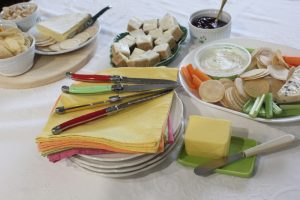

Still a bit chilly in Perth at the moment, so I also made scones to serve with jam, hot from the oven.
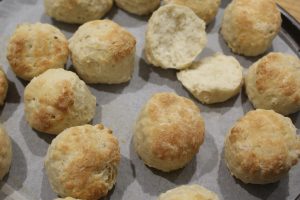

reading
I was recently given a hefty tome, Tina Brown’s The Palace Papers. I don’t really follow the royal family although I admire the Queen. I don’t usually follow stories about the younger members of the royal family. I did watch the Oprah interview with the Sussexes and felt uncomfortable about their claims and demands. The factual accounts of their behaviour and expectations documented in this book certainly indicates they could never live the life of service and restraint expected of the royal family.
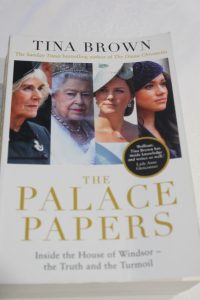

Interesting and supported by thorough research, this is the story of the Queen’s life after she ascended to the throne. Subtitled ‘Inside the House of Windsor – The Truth and the Turmoil’ the change in the public expectations of royalty is evident, especially after the death of Princess Diana. The monarchy had to change with the times. The triumph of her Jubilee year and Platinum Jubilee, the ongoing dramas around Prince Andrew and Prince Harry and her involvement “parachuting” into the opening of the Olympic games certainly revealed the Queen in a different light.
Unsplash
Never a fan of Prince Charles I was interested in his support and popularity with younger people who recognise his passion for organic gardening, protecting wildlife, building and restoring buildings using sustainable methods and general interest in housing. He acknowledges the disruption to the lives of younger people due to the pandemic and expresses concern for their mental health. His trust supports many youth programs. His plans to ‘slim down’ the number of royals depending on the public purse are also popular. The Duchess of Cornwall, Camilla, long time ‘third party” in the Prince’s marriage, is also gaining popularity.
Like so many families, there are those who work hard, like Princess Anne, and those who exploit their position, like Prince Andrew and Prince Harry. Being the ‘spare’ lacks clear purpose and we know how that has played out! This is a very privileged strata of society and different rules seem to apply to what is acceptable behaviour. The difficulty for the Royal family is their once private problems are now broadcast on social media almost instantly.
The author’s conclusion, “The fascination of monarchy is that its themes repeat themselves because its protagonists are earthy.”
A fascinating book, too. Have you read it?

